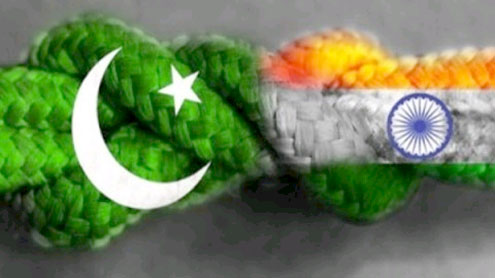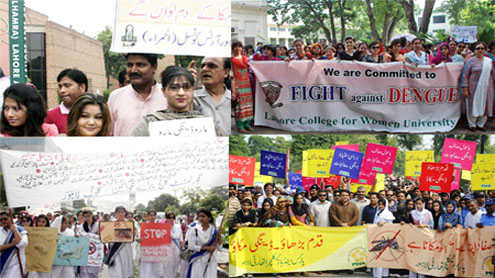 KARACHI: The decision made by the cabinet on Wednesday to eliminate Negative List, under the MFN status, by December this year will affect the domestic industry badly.
KARACHI: The decision made by the cabinet on Wednesday to eliminate Negative List, under the MFN status, by December this year will affect the domestic industry badly.
The local industries which have proposed over 1,200 items to be included in the negative list would not be able to sustain the flow of Indian made ups within next 10 months. According to Syed Nabeel Hashmi, Chairman PAAPAM, the Wednesday’s development was not understandable as the move would not leave time for establishing infrastructures for a level playing field for trade with New Delhi.
The auto industry had suggested having the cap on imports of the auto parts for at least four to five years, but the haste in normalisation of trade with the neighboring country was not justified. It is worth mentioning here that the ministry of commerce through a summary sent to the cabinet on MFN issue recently has proposed that the ministry be allowed to phase out the Negative List in three stages on quarterly basis after approval of the cabinet with quarters ending on June 30, Sept 30, and Dec 31 of the year 2012.
However, after the intervention of the prime minister in view of the reservation shown by various industries, the list of items was later increased from 636 to over 1,200. But the cabinet approved the list with the phase out period proposed by the ministry which was another objectionable matter for the concerned sectors.
The ministry earlier had proposed 636 items including food and agriculture (16), mineral (3), chemical (4), pharmaceutical (32), plastic (74), rubber (24), paper and wood (55), textile and clothing (77), iron and steel (25), and auto sectors (311) in the negative list. The ministry was of the view that for the normalisation of trade, the proposed negative list must be ultimately phased out, and the justification of it is that India specific negative list would be violation of Article 17 of the SAFTA agreement which clearly restricts countries from adopting any measures that diminishes or nullifies any concessions already agreed. Expressing serious concerns over the development in Islamabad, the representatives of auto, rice, pharma, horticulture industries and others said that their sectors would face severe damages if the list was phase out by the end of this year.
A representative of Pharmaceutical industry said that the industry was taken on board while deciding about the phase out plan. The short cut plan and haste in granting MFN status to Delhi would badly damage the national interest, he added. The rice exporters have also shown serious concerns as the product, despite the proposal made to keep all kinds of rice in the negative list, was excluded from the list posting a threat to growers and exporters. The cheaper rice of India would be flooded in the domestic market if safeguarding measure were taken by the government, a member of Rice Exporters Association of Pakistan said.
Waheed Ahmed, leading fruit exporter of the country said that though the fruit and vegetable sector was in favour of trade liberalisation and had only proposed few items to be banned for imports from India.But the ministry has excluded all items of the sector from the list without consulting the concerned exporters and their association PFVA. Besides, the country’s products have been facing the issue of Non Tariff Barriers (NTBS) while exporting them to India. NTBs were also yet to be removed at the Indian ports. – PT












